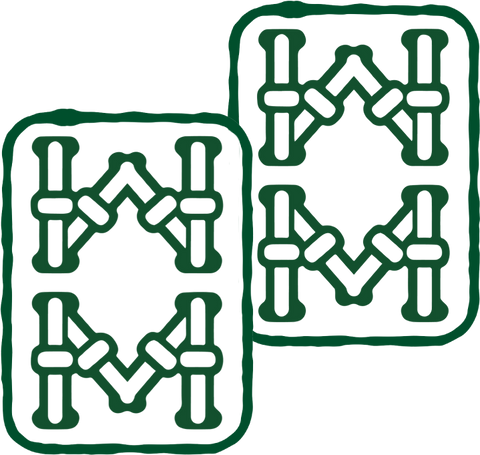Hotly Debated Koji-Fermented Takamine Whiskey To Release Brandy Cask Finished & 16 Year Old Single Cask Expressions

Whisky is primarily thought of as being made of a type of grain - barley is most often used for obvious reasons given Scotch malt whisky's sheer popularity and heritage, and then across the pond in the US, corn is mostly used alongside varying ratios of rye, wheat and barley. These grains are then typically fermented, distilled and then aged to become the whisky we enjoy.
When it comes to barley, the grain is typically malted to enable sugars to be produced, which is then fermented and so forth. That's the severely shortened version of it.
Yet, in a rather esoteric corner of the whisky world lies Koji whiskey. If you've heard that name before you're probably a Sake drinker as well. Koji is a type of bacteria culture that is typically inoculated into rice in order to serve as a "starter" of sorts that is able to produce enzymes that converts the starch in rice into sugars that can be fermented.


Dr. Jokichi Takamine.
Hence in theory - and we don't want to get too technical here - you could apply Koji similarly to barley which replaces the malting process, and thus still be able to ferment the unmalted barley which can then be distilled (and aged) to become whiskey.
That's what a Dr. Jokichi Takamine thought - and more importantly, proved. In 1890, Dr Takamine had moved to the US and of the many things he achieved (including creating medical adrenaline for medical emergencies such as allergic reactions) one of which was the introduction of the Dr Takamine process to creating whiskey. He had deemed that this method of a "maltless" whiskey was a more efficient process than the traditional malting process.
Yet a series of problems plagued Dr Takamine's ability to see this through and thus it was forgotten for decades - in fact the very year he was granted the first ever patent for his process in the US, was the very year the father of Japanese whisky, Masataka Taketsuru, was born. Taketsuru would of course later help start the Yamazaki Distillery and then his own Nikka Whisky.

The Takamine 8 Year Old whiskey. (Image Source: Imbibe Magazine)
However, several years ago a Fukuoka-based sake brewery known as Shinozaki has been working to revive Dr Takamine's work and have since released a Takamine Whiskey - an 8 Year Old that has been the subject of alot of debate.
For this reason, many purists believe that Dr Takamine was actually the first Japanese whisky distiller and that he would have played a huge role in American bourbon industry. There's of course loads to this story that makes it worth checking out.
It appears that the company is now ready to take a next step forward with two new expressions in the works - a 16 Year Old Single Cask and a Brandy Cask finished whiskey.


Both expressions seem to sport the same back label telling the story of Dr Takamine,
"In 1890 Jokichi Takamine moved to America with a dream. By 1900 this visionary scientist had created medical adrenaline, saving countless lives. In the spirit of friendship, he donated the Japanese cherry trees to Washington, DC, which still bring joy to visitors every spring.
One of his earlier experiments used an ancient sake making method to grow koji spores on barley to create a "maltless" whiskey. It turns out koji is better than malting for making whiskey. If not for misfortune, this may have become a style of American whiskey by 1895. Sadly, the original Takamine Whiskey was never released.
Even though Takamine's project did not bear fruit, it paved the way for us. The Shinozaki Brewery & Distillery has over 200 years of experience in using koji as a sake maker. Through trial and error, we have succeeded in distilling his dream into the Takamine Whiskey you now hold in your hands."
Both the 16 Year Old Single Cask expression and the Brandy Cask finished expressions are bottled at 80.6 Proof (40.3% ABV).
Kanpai!

88 Bamboo Editorial Team







